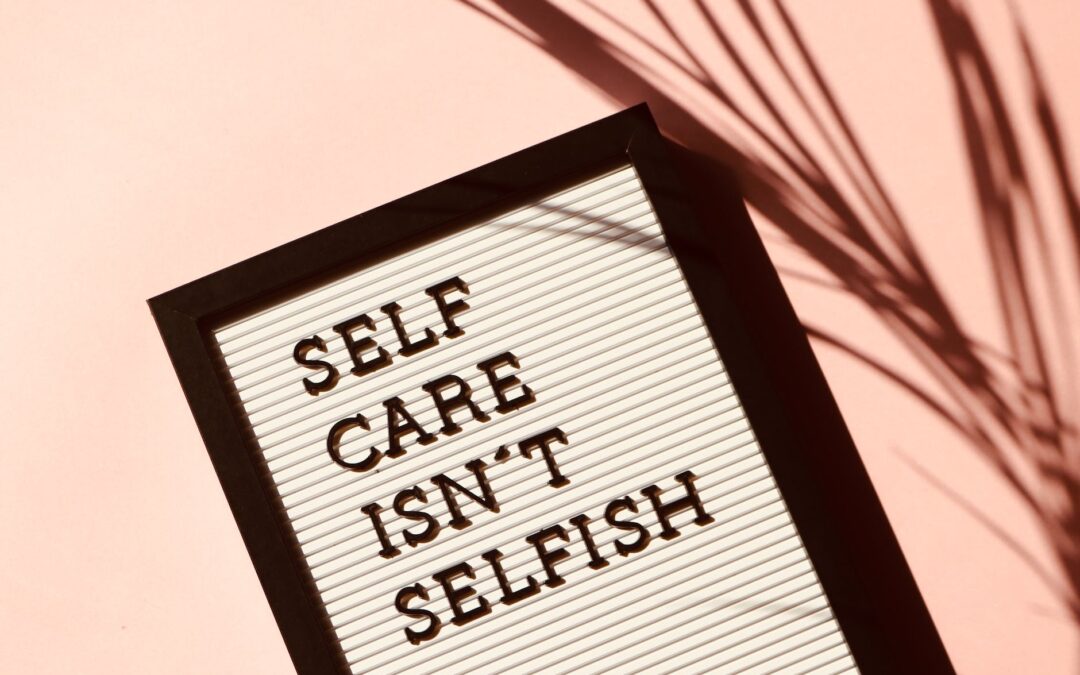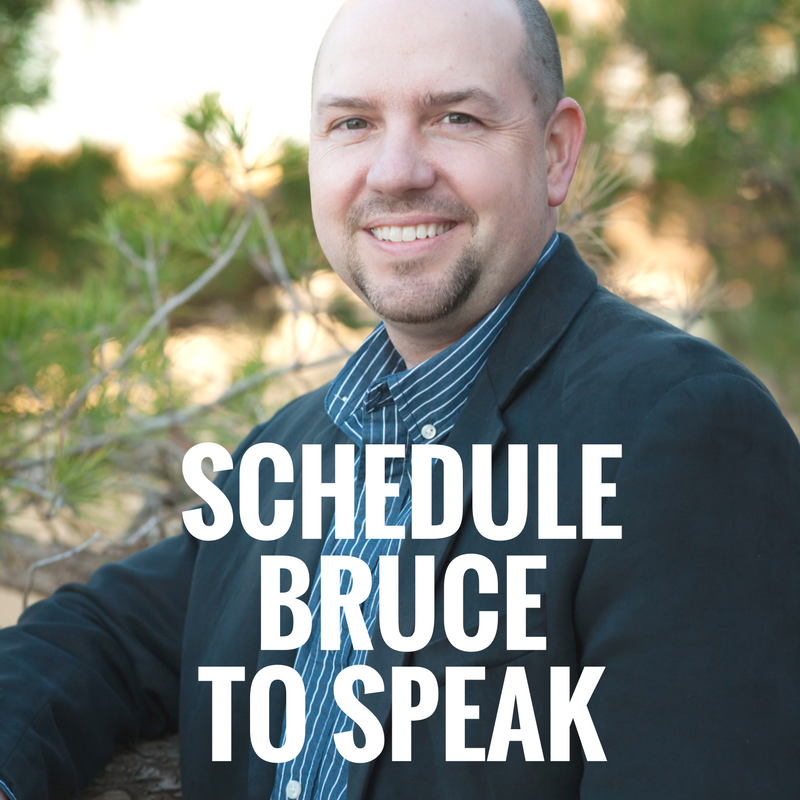Tools for Caregivers (and other people too) #2
November is National Family Caregivers Month
When someone you love struggles with a chronic condition, where do you start? The following tips from the Cleveland Clinic form a solid initial approach:
1. Give yourself a break! Take time for self care. Go for a walk, take a nap, read a book, get out for a drive or whatever helps to recharge your energy and perspective. Some care scenarios afford ample time and some only allow minimal time for this, but intentionally carve out space to restore your sense of equilibrium.
2. Take a crash course in the disease. While it is easy to get overwhelmed with the new vocabulary of medications and symptoms, keep learning. Reading and learning about the condition helps you have more realistic expectations and makes you a more collaborative partner with the medical team.
3. Seek family assistance. Most people do not want to ask for help and most people do not want to offend the other by offering help. Furthermore, it is a significant paradigm shift for adult children to come to the realization that they need to help their parents who have always helped them. What to do? Be specific. Ask for help with a specific task. Offer to help with a specific task. Everyone can do something and should do something. But, no two family members will help in the exact same way.
4. Implement financial and legal planning. Inquire about trusted elder law attorneys in your area and attend these types of workshops in person or virtually. Any steps you take to do this type of planning will be a gift to your family.
5. Join a support group. Find the people who fill your cup. Whether this comes in the form of breakfast friends, dinner friends, church friends, ball game friends, or an actual support group, find your people and stay connected.
6. Take advantage of community resources. Depending on your situation, a multitude of options abound. Most of these programs do not have large marketing budgets if they have one at all. So, for medication assistance, disease-specific guidance, and for many other such needs, start asking and keep asking. You might begin with your doctor.
There are many other considerations when caring for a loved one, but these tips are a good place to start.
Worth Repeating
It is not the load that breaks you down. It’s the way you carry it.
-Lena Horne
Passages in Caregiving
Gail Sheehy was the author of 17 books, including this timeless volume on caregiving. Click here to get your copy.




